ADAM SASS began writing books in Sharpie on the backs of Starbucks pastry bags. (He’s sorry it distracted him from making your latte.) His award-winning debut, SURRENDER YOU SONS, was featured in Teen Vogue and the Savage Lovecast and was named a best book of 2020 by Kirkus. THE 99 BOYFRIENDS OF MICAH SUMMERS is his forthcoming novel from Viking. He lives in Los Angeles with his husband and dachshunds.
First of all, welcome to Geeks OUT! Could you tell us a little about yourself?
I’m dachshund-obsessed. I’ve got two little ones—Marty and Malibu—with my husband. We just moved back to LA after spending the first year of the pandemic in North Carolina with family. LA is our forever home, though. Something in the air out here just clicks with us. We’re not ourselves when we live anywhere else!
When did you know you were first interested in writing, and what drew you specifically to Young Adult Fiction?
I actually started my writing career in movies and TV, so I shifted out of screenplays and into novels when I started reading YA (shout out to Andrew Smith’s Grasshopper Jungle!) and fell in love with the imagination and story possibilities I was seeing. Also, I first started writing in the years I was a barista at my local Barnes & Noble. I’d scribble ideas on the backs of pastry bags as I looked out on the bookshelves, imagining my books in there one day.
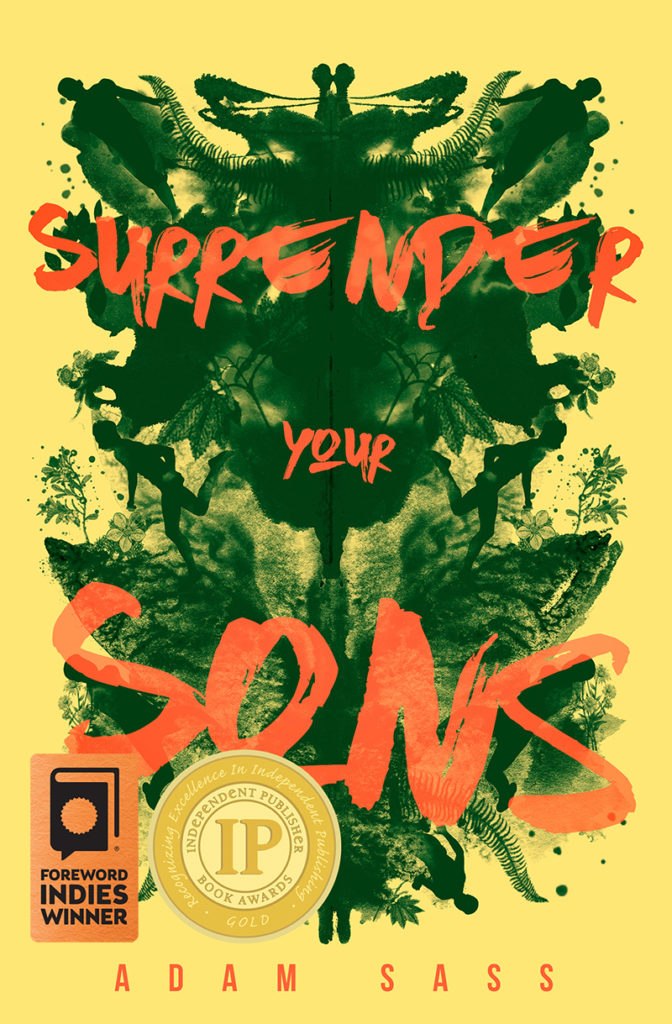
Were there any stories (queer or otherwise) that you read or watched growing up that had touched you or felt relatable in any way? What stories feel relatable to you today?
Like most queer people my age, I had to find my queerness elsewhere growing up. Buffy was obviously core, queer-friendly media. Christopher Rice’s books were really important to me in high school. These days, I love seeing queer characters have darker edges to them, even in an unflattering light. I think The Other Two is maybe doing that the best right now.
How would you describe your writing routine or process? What are some of the enjoyable, hardest, and strangest parts of the process?
It’s not just about writing, you have to think as well. A hard and strange part of that process means showing your loved ones that seemingly irrelevant activities are feeding the creative process. For instance, I often do a puzzle while thinking through a story structure problem.
Your debut novel, Surrender Your Sons, was hailed as a gay thriller novel, dealing with horror, conversion camps, and queer survival. What draws you into to horror and what it been like writing this, including some of the realities of our world, distorted or reflected through the lens of fiction?
Horror helps us express our worst anxieties, and for me, the most therapeutic way to express mine is dig deep inside my terrified heart and spit out what I find there. Surrender Your Sons depicts several cruel people and puts many innocent people through unimaginable horrors, so that was difficult to put down on the page. However, the light in the dark is that I always gave these characters dignity and agency, and sometimes, they got big victories. My favorite part of Surrender Your Sons is the characters and the bonds between my queer teen campers. Writing them, letting them have laughs and sweet moments and kick-ass scenes where they worked together gave me all the joy I needed to survive writing the dark scenes. Surrender Your Sons shows that love and hope can never be killed, not even when everyone and everything seems to be against you.
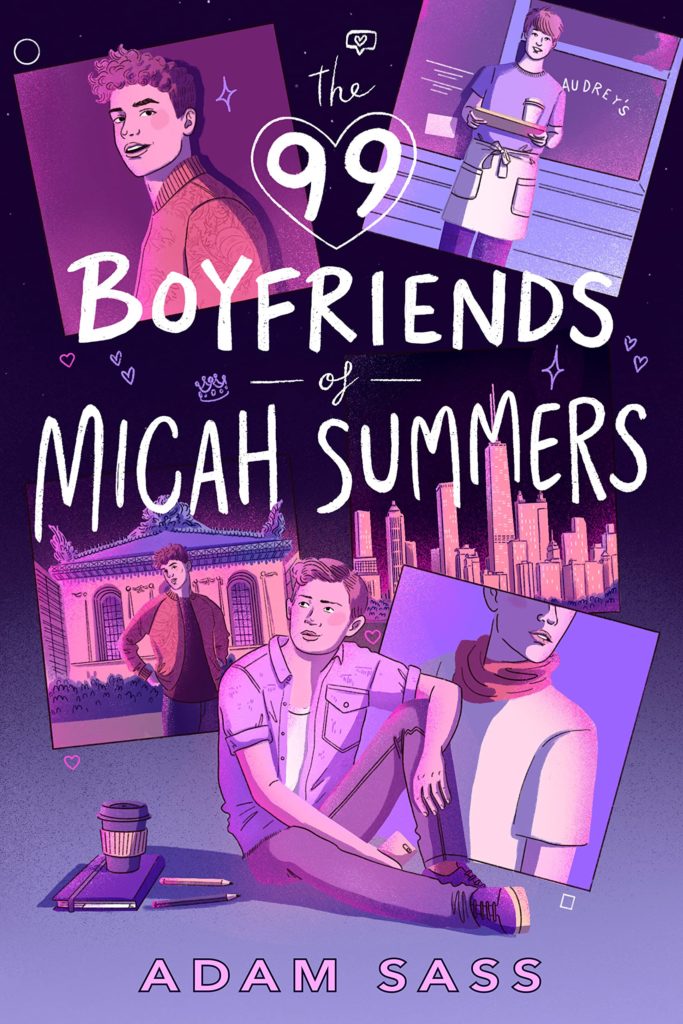
Unfortunately, censorship of queer books is on the rise, which seems to be a topic you’re pretty passionate about. What are some ways as readers we can fight against us, and what is your take on what representation in books means to you?
Authors can only put the book out—that’s all we can do. Readers and parents hold the power in a way that even librarians and teachers don’t (because their employment is at stake, and they’re frequently a cudgel in this war). Readers and parents must email, call, text, show up in person to voice their support for challenged books and for diverse reads in general. They must do it often and loudly, because the other side never runs out of energy trying to pull us out.
What advice would you give to other aspiring writers?
Treat your work like you’re starting a small business, or an Etsy shop. Writing is not a job, a job has health benefits, 401k, and paid time off. You will not have that. Ever. You’ll have to give yourself that, and the way you do it is to understand you are a salesperson. Small businesses take years to take off and require you to put in more money than you get back. For a while! This is the first year where my business has turned a profit, but it took years to get to that point. Don’t despair that you don’t have the respect of a square job. You’re building something else!
Aside from writing, what are some things you would want others to know about you?
I’m a theme park fanatic. I collect books about Imagineers and often use their physical space storytelling techniques in my written work.
What’s a question you haven’t been asked yet and wish you were asked (as well as the answer to that question)?
Who is my favorite character I’ve ever written, and without a doubt, it’s Marcos Carrillo from Surrender Your Sons. I miss writing him and his goodness so much.
Can you tell us about any new projects or ideas you are nurturing and at liberty to discuss?
My second book, a YA romcom called The 99 Boyfriends of Micah Summers, comes out in September! It’s about a queer boy who draws his crushes (and imagines his life with them) before putting them away. When he decides to finally ask one of them out—Boy 100—he has a great connection, but they’re cruelly separated by fate, so he embarks on a quest to find his mystery boyfriend!
Finally, what LGBTQ+ books/authors would you recommend to the readers of Geeks OUT?
Jason-June’s Out of the Blue, Dan Aleman’s Indivisible, Andrew Joseph White’s Hell Followed With Us, and in Spring 2023, keep your eyes out for Terry Benton-Walker’s Blood Debts! All of these show different ways to be queer, different types of queerness, and have us at the center of stories that have little to do with being queer.

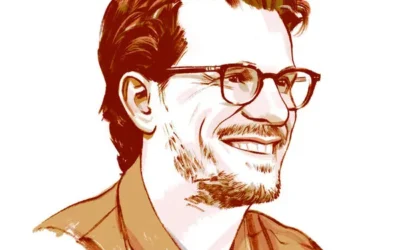
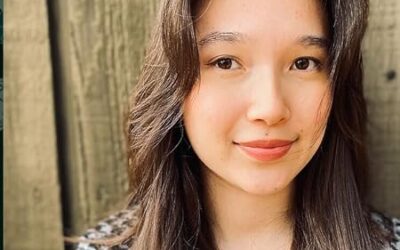
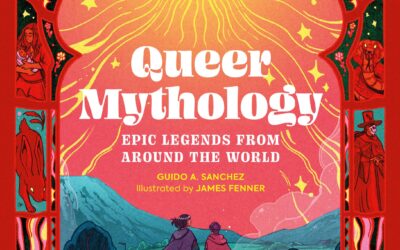
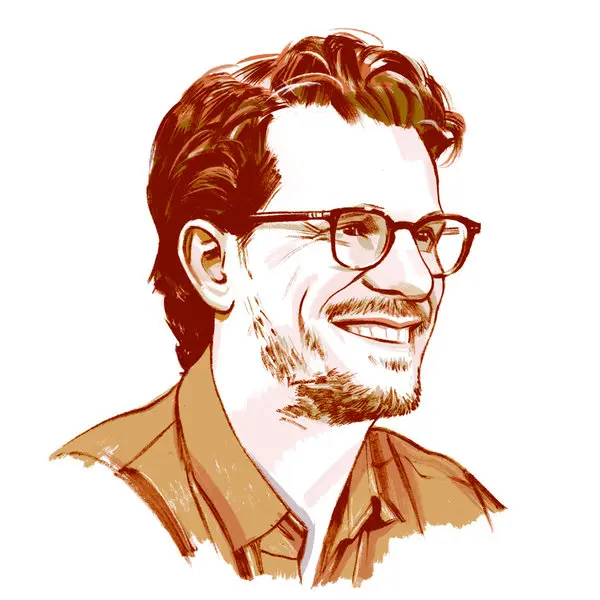
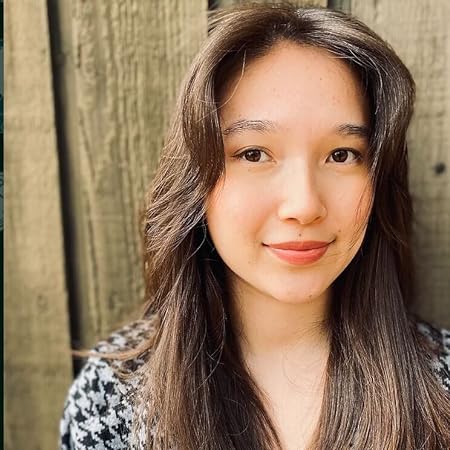
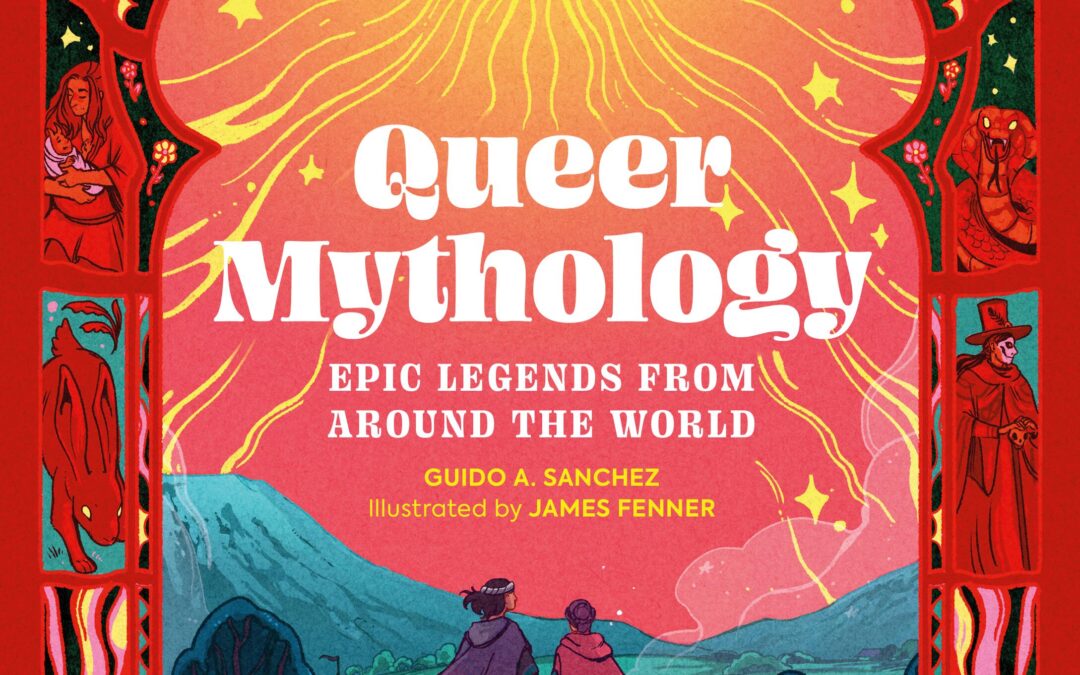
0 Comments